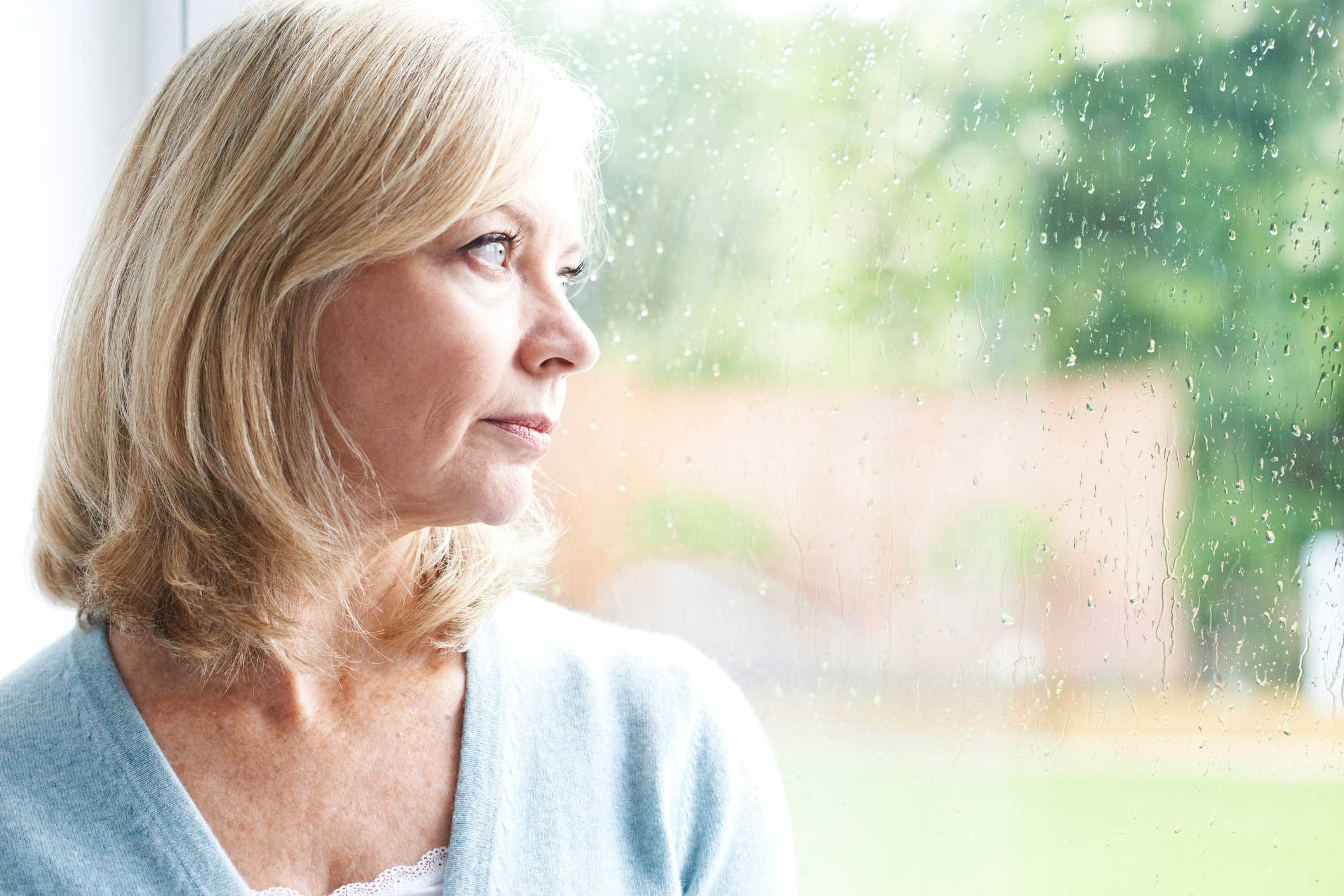<< Back
The Link Between Hormone Replacement Therapy and Better Sleep

August 21, 2021
Nightlights, fuzzy slippers, the stillness. Nothing can make middle-of-the-night trudges to the toilet more bearable, although a new Belgian study might offer understanding.
Published recently in the journal Menopause, the study found that hormone replacement therapy (HRT) could help some women experience better sleep, which essentially delays their overnight trips to the bathroom urges, called nocturia, as well.
“It’s important to understand that we do not fix nocturia with HRT. We use it to help women sleep better and, if they sleep better, the nocturia is better, too,” explained Dr. Christine LaSala, a urogynecologist with the Hartford HealthCare Tallwood Urology & Kidney Institute and chief of the Department of Obstetrics & Gynecology at The Hospital of Central Connecticut.
Nocturia, she said, is common as women experience menopause, but it’s not necessarily directly connected to the life change. Menopause does cause a drop in a woman’s estrogen levels, which triggers a heightened sensation in the bladder and more frequent bathroom trips, but Dr. LaSala said the answer isn’t necessarily to prescribe HRT.
“There’s a lot going on with menopause – hot flashes, sleep disturbances – that leave women more likely to be awake at night and, therefore, since they are awake, they will go to the bathroom,” she said.
The study in Menopause looked at treatment of 245 women divided into groups and given a single type of hormone replacement, a combination of hormones or nothing. The research team concluded that any of the women receiving some form of hormone treatment had reduced episodes of nocturia, and improved sleep quality overall.
Dr. LaSala agreed, noting that, “Estrogen alone will decrease the urgency to urinate, but the improvements were mainly because the women improved their sleep with the hormones and were less likely to notice urinary urges. HRT is not a treatment for nocturia, it’s a treatment for the symptoms that contribute to nocturia.”
HRT treatment, she quickly added, is appropriate for middle-aged peri-menopausal and recently menopausal women who are experiencing sleep disturbances that include nocturia. She would not, however, prescribe it for women in their 60s and older. These older women, she explained, also face an additional hormone deficiency that causes their kidneys to become more active at night than during the day.
“Normally, there’s a hormone secreted in the brain at night that puts the kidneys to sleep. In older women, this level drops and the kidneys get their days and nights mixed up,” said Dr. LaSala, who has had patients track their nighttime urine output and it’s often greater than the levels produced during an entire day. To be clear, she said that, in this situation, there is nothing “wrong” with the kidneys. It’s just that the kidneys are more active at night and produce more urine.